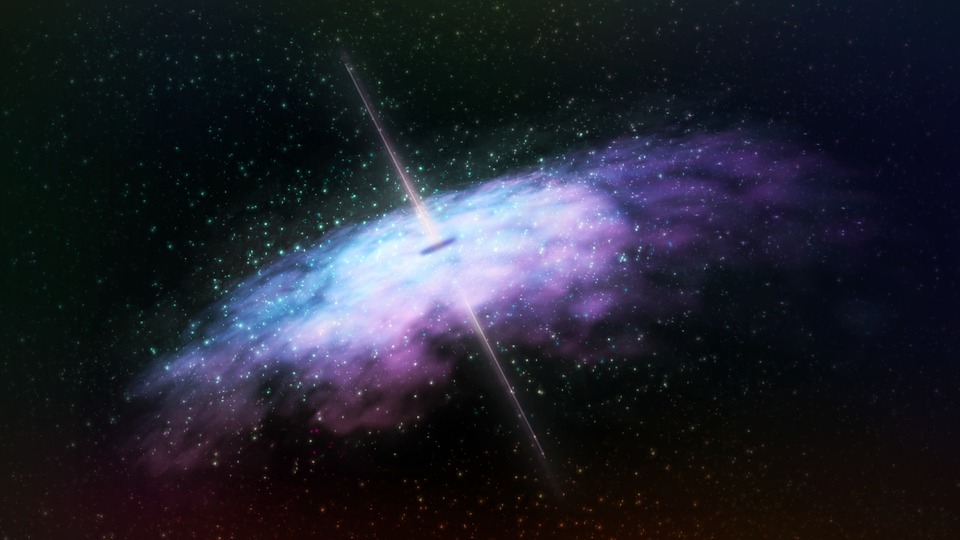PHYSICS: Meet the Swirlon
Fish school, insects swarm and birds fly in murmurations. Now, new research finds that on the most basic level, this kind of group behavior forms a new kind of active matter, called a swirlonic state. Physical laws such as Newton’s second law of motion — which states that as a force applied to an object increases, its acceleration increases, and that as the object’s mass increases, its acceleration decreases — apply to passive, nonliving matter, ranging from atoms to planets. But much of the matter in the world is active matter and moves under its own, self-directed, force, said Nikolai … Read more








